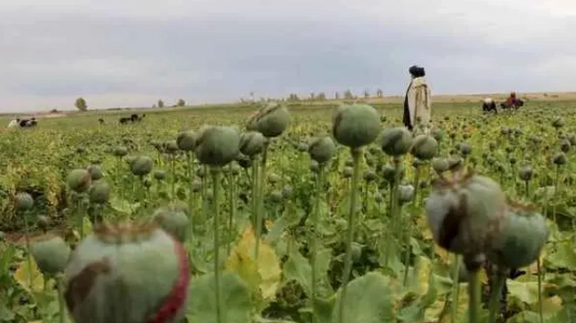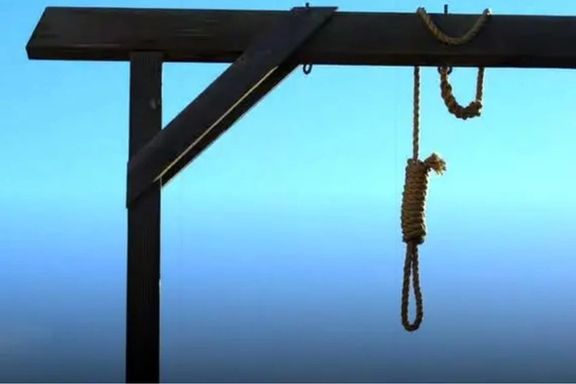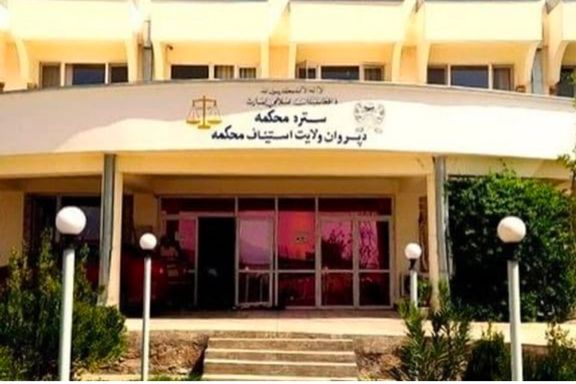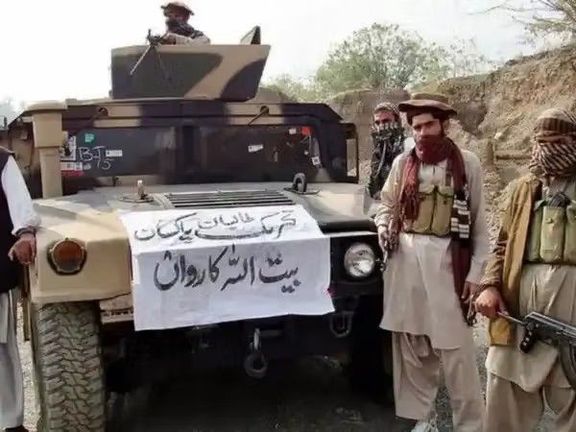Canada's ambassador to the United Nations, Bob Rae, said that gender apartheid in Afghanistan is a reality and that the "systematic discrimination" against Afghan women is unprecedented.
They expressed their concern about the growing restrictions on the media and women in Afghanistan on Tuesday in a meeting organised by the Dashty Foundation and the Free Speech Hub and hosted by the Canadian Parliament.
Referring to the situation of women in Afghanistan under the control of the Taliban, Bob Rae, Canada's representative to the United Nations, said that there is no such systematic, brutal and complete discrimination against women anywhere in the world.
He said that what exists is "gender apartheid" quite clearly.
Jacqueline O'Neill, Canada's ambassador for women, peace and security, said that they will do everything in their power to hold the Taliban accountable for their actions. Referring to the joint decision of Canada, Germany, Australia and the Netherlands to take the Taliban to the International Court of Justice, O’Neill said that there is no immediate change in the situation.
Canada and other Western countries are critical of the Taliban which has not yet criminalised gender apartheid. Britain's ambassador and interim head of the Security Council said this week that the gender apartheid debate could divert attention from helping Afghan women.
The Canadian government has not yet officially announced whether it supports the criminalisation of gender apartheid and its recognition in Afghanistan or not.
In this meeting, Ali Ehsassi, a member of the Canadian Parliament, and Lotfullah Najafizada, the head of Amu TV, spoke about the sharp decline in media freedom in Afghanistan and said that Afghanistan has fallen from 121st to 178th in the global press freedom index over the past three years.
In this meeting, the release of imprisoned Afghan journalists was emphasised.
In the last three years, more than 300 journalists have been arrested, persecuted and tortured.
The participants asked Canada and other countries that support press freedom to support Afghan journalists by providing safety training for working in the current conditions of Afghanistan, supporting exiled media and journalists, pressuring the Taliban to release imprisoned journalists, and lifting restrictions on electronic media.
They also emphasised on the need to support Afghan journalists in Türkiye, Iran and Pakistan who are facing the threat of deportation.
Afghan journalists asked the representatives of these countries to stick to their principled position towards Afghanistan.






